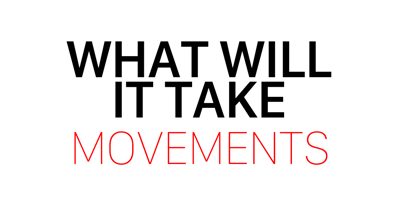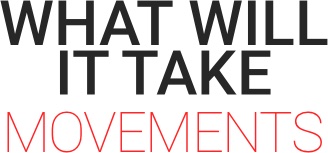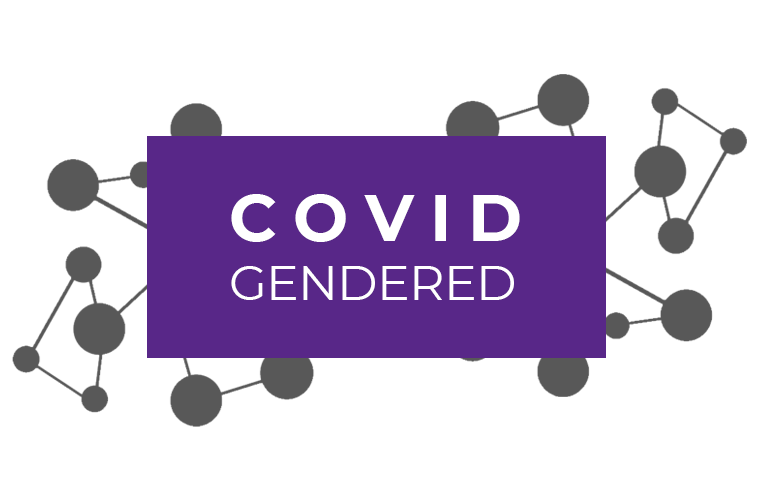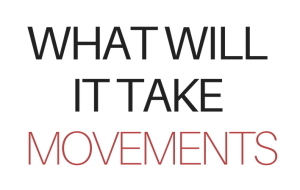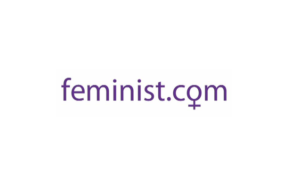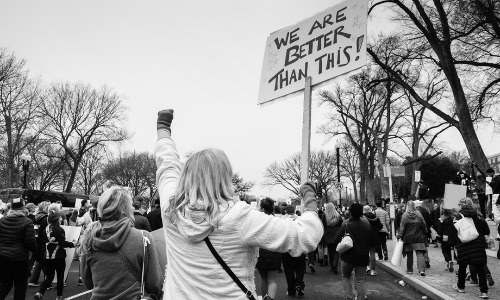We are in unique and uncharted times. As COVID-19 progresses, it is becoming increasingly evident that our society, our economy, and our systems will never be the same.
With uncertainty all around, it is important that we support each other and work to ensure the world that emerges post COVID-19 is more just and equitable. To do that, we need women leading the coming global reset and feminist.com and What Will It Take Movements plan to do our part to help make that happen. We are publishing COVID Gendered, a digital newsletter and online platform dedicated to aggregating resources about how this crisis is affecting women and girls here in the US and around the world.
The novel Coronavirus is having a gendered effect on our society. From reproductive healthcare access to government subsidies to domestic violence survivors to immigrant families—not to mention the fact that 85% of all nurses, 75% of primary caregivers, and 62% of minimum and low-wage workers are women—women’s lives are especially impacted by this pandemic. With COVID Gendered, we will collect news stories, research reports, action items, events, and other forms of content that look at the global crisis through a gendered lens, amplifying efforts to create change.
We are particularly interested in the ways COVID affects people of different genders differently; how women are stepping up to lead, support each other, and help their broader communities; and how this crisis is forcing us to look at our broken systems and reinvent them in more connected, equitable, and healthy ways.
Through online events, content collections, surveys, and more, we hope to make COVID Gendered an invaluable resource for you in these uncertain times. Thank you for joining us in this, our inaugural issue. We hope you and your families stay healthy and safe.
News, Resources, and Actions
The coronavirus pandemic is a gender issue as much as it is a health issue. Men and women are experiencing this crisis differently, and women are at the heart of this problem. For example, shelter-in-place means domestic violence and child abuse victims are put at risk when they have to stay home with their abusers.
Reproductive Justice
Anti-abortion legislators are using the crisis to categorize abortion as “nonessential” procedures. Texas, Ohio, and Iowa are already ignoring the directives of the American Board of Obstetrics and Gynecology not to limit abortion access during this crisis. Meanwhile, pregnant women, who are more susceptible to infection, are delivering babies in the middle of a global pandemic. Pregnant black and Native American women are being affected by these changes the most. Single parents are especially scared they will get sick right now, and single mothers make up a good deal of our workforce. Mothers who depend on WIC need you to stop buying their products and mothers across the country are feeling overloaded by their parenting responsibilities.
RESOURCES: American Board of Obstetrics and Gynecology, Centers for Disease Control and Prevention, Care, Supermajority News, Women’s eNews, U.S. Department of Agriculture
Economic Fallout
Tuesday was Equal Pay Day in the US, and during this crisis, the wage gap, and its effects on low-income women, are even clearer. But there’s light in all this darkness, too. Thankfully, there are grants for female founders, and The Tegan and Sara Foundation launched a community grant for LGBTQ+ creators, educators, and youth leaders, New York Women’s Foundation is helping women and families affected by this crisis, the Domestic Workers Alliance has a coronavirus emergency fund, and these teenage girls in Senegal are stepping up for their community and its needs.
RESOURCES: Equal Pay Today, National Women’s Law Center, The Helm, Tegan and Sara Foundation Community Grants, Philanthropy Women, National Domestic Workers Alliance, New York Women’s Foundation
In Conclusion
Remember, this crisis is a feminist concern, and now is the time to invest in women and girls. Don’t forget to take care of yourself and advocate for others who need you.
FEATURED AUTHORS: Emily Bazelon, Hilary Weaver, Alex Morris, Kimberly Seals Allers, Samantha Schmidt, Tara Bahrampour, Eve Hill-Agnus, Claire Cain Miller, Ernie Tedeschi, Emma Hinchliffe, Radha Friedman, Ecleen Luzmila Caraballo, Eve Rodksy, Tina Tchen, Helen Lewis, Tanya Selvaratnam, Alisha Haridasani Gupta, Elissa Strauss
SUBSCRIBE
